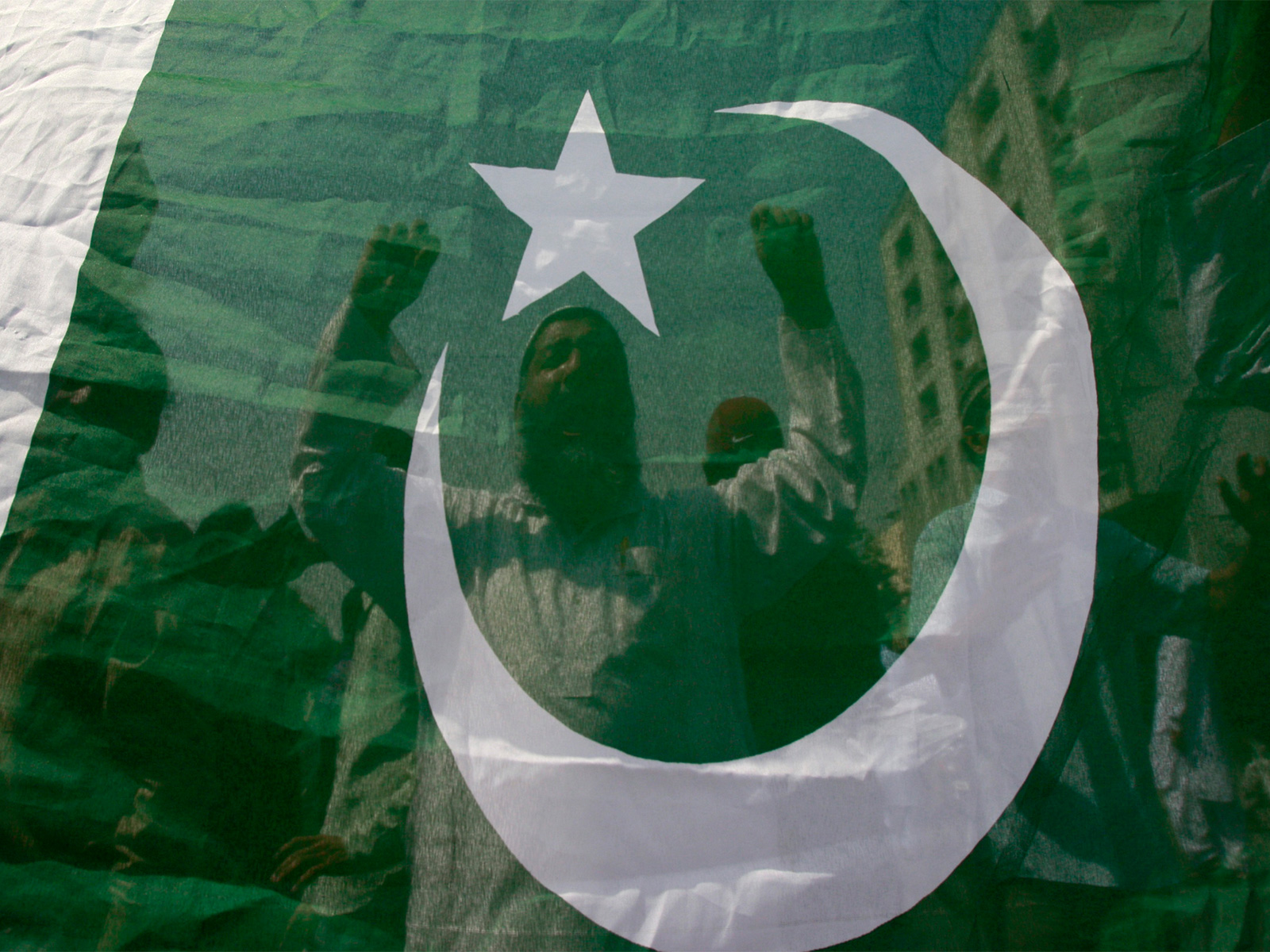- Strengthening ‘city government’ only solution to Karachi’s issues: JI chief Dawn
- Remains of four out of six members of a family laid to rest The Express Tribune
- Gul Plaza access restricted as authorities allow escorted entry for affected…
Category: 1. Pakistan
-
Strengthening ‘city government’ only solution to Karachi’s issues: JI chief – Dawn
-
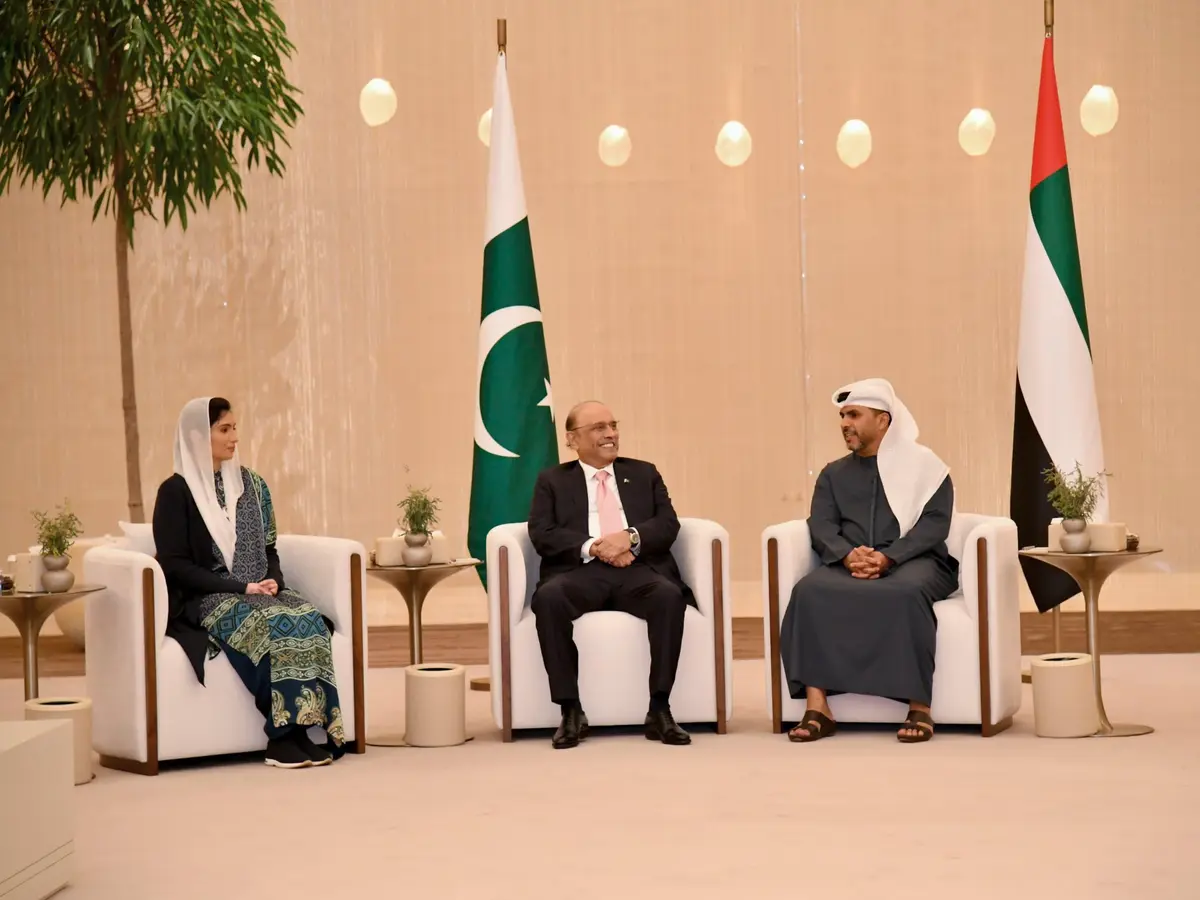
Pakistan President Zardari rushes to UAE amid uncertainty over Islamabad airport deal with Abu Dhabi
Pakistan President Asif Ali Zardari on Monday night (Jan 26) arrived in the United Arab Emirates (UAE) for a four-day official visit. Zardari was received by UAE Justice Minister Abdullah bin Sultan bin Awad Al Nuaimi at Zayed International…
Continue Reading
-
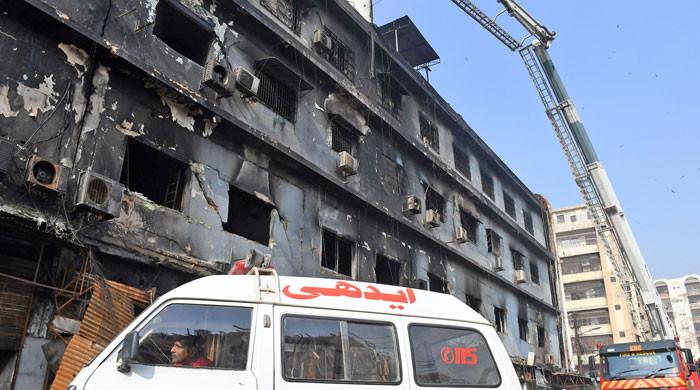
Gul Plaza search operation ends, authorities seal scorched building
An ambulance is parked in front of Gul Plaza as rescuers take part in search operation after deadly fire in Karachi on January 19, 2026. — Online - Lahore Forensic Laboratory, PEC experts to inspect building.
- SBCA…
Continue Reading
-
Pakistan’s rice exports slump nearly 50% in H1 FY26 as trade deficit widens past $19 billion – Profit by Pakistan Today
- Pakistan’s rice exports slump nearly 50% in H1 FY26 as trade deficit widens past $19 billion Profit by Pakistan Today
- Rs15bn tax rebate splits rice exporters Dawn
- PHMA urges PM to declare ‘export emergency’ immediately Business Recorder
Continue Reading
-

PMD forecasts temperature rise from Wednesday
Weather in other districts of the province is expected to remain cold to very cold
As the night’s chill sets in, men gather around a fire, seeking warmth and comfort. The flickering flames offer not just heat, but a brief moment of togetherness…
Continue Reading
-
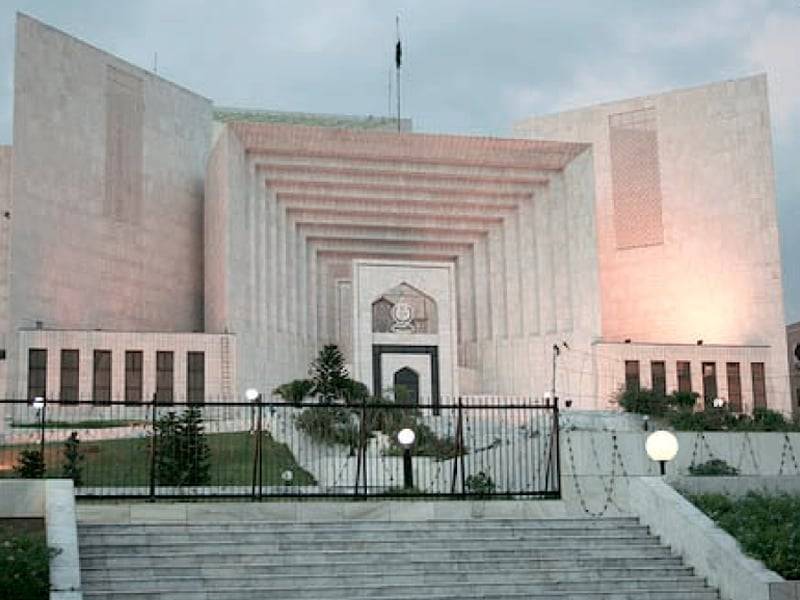
SC remarks civil servants not bound to follow illegal orders
Supreme Court Justice Hashim Kakar on Tuesday observed that civil servants are not obliged to comply with illegal orders, even if they are issued by the prime minister, while hearing a case related to illegal recruitments in the Oil and Gas…
Continue Reading
-
Pakistan ready to play role in shaping global labour market: Salik – RADIO PAKISTAN
- Pakistan ready to play role in shaping global labour market: Salik RADIO PAKISTAN
- Pakistanis’ exodus termed boon for economy The Express Tribune
- Salik vows to strengthen global cooperation on skills pathways, ethical recruitment Associated Press…
Continue Reading
-
Govt endeavouring to improve quality of education: Wajiha – RADIO PAKISTAN
- Govt endeavouring to improve quality of education: Wajiha RADIO PAKISTAN
- HEC launches ‘Maktab’ system to track student records digitally The Express Tribune
- Wajiha Qamar highlights transparency & digital reforms in education sector to strengthen…
Continue Reading
-
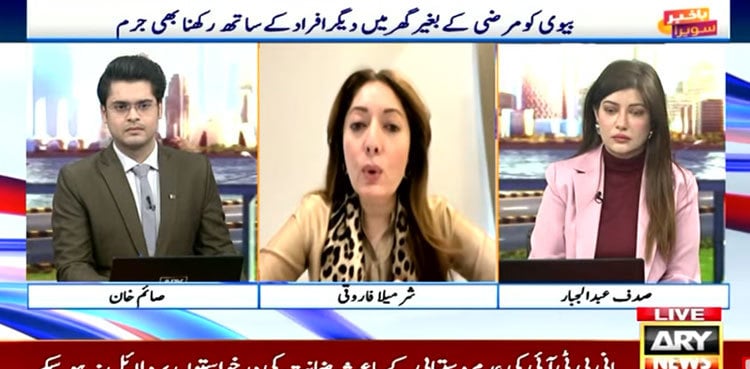
No punishment for staring at wife in domestic violence bill: Sharmila Faruqui
ISLAMABAD: Pakistan Peoples Party (PPP) MNA Dr Sharmila Faruqui has strongly denied social media claims suggesting that the recently passed Domestic Violence (Prevention and Protection) Bill, 2025 criminalises staring or “ogling” at the…
Continue Reading
